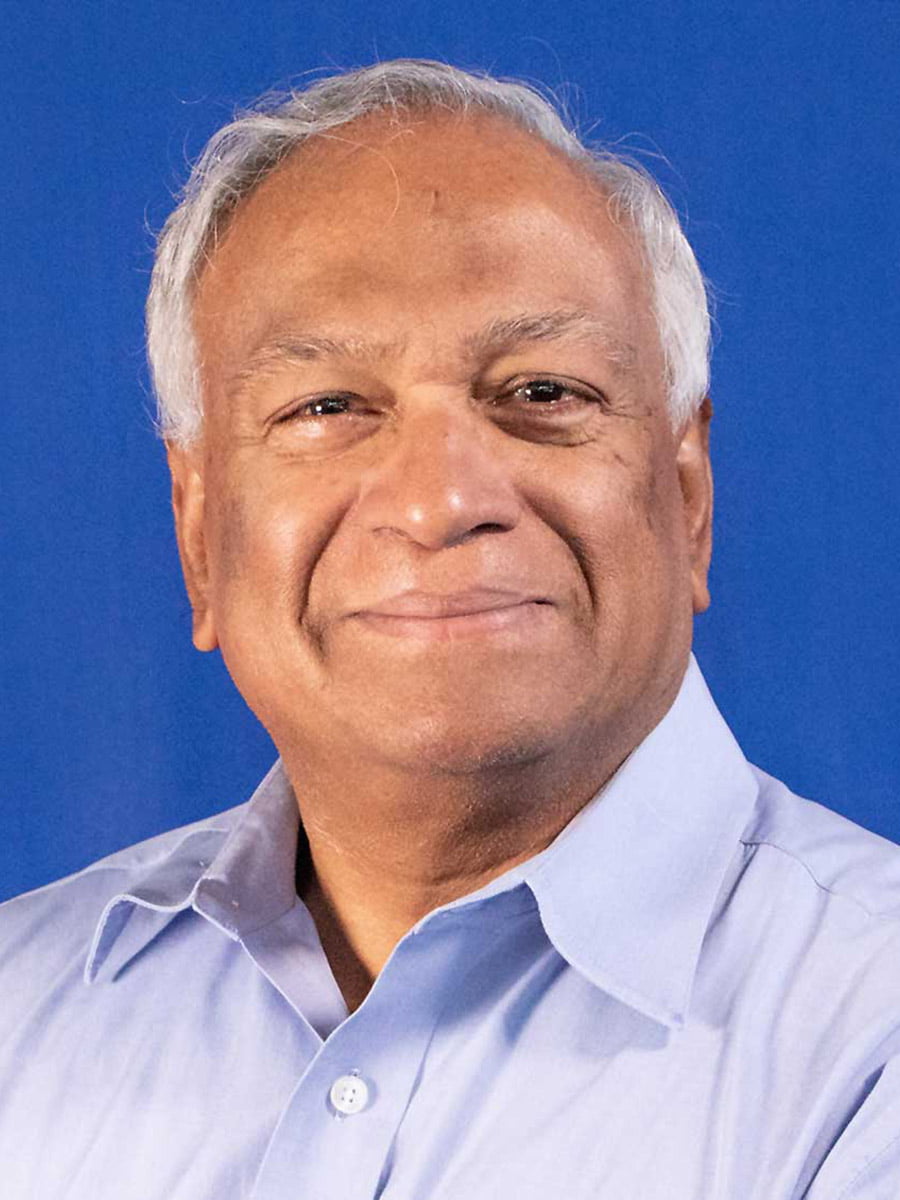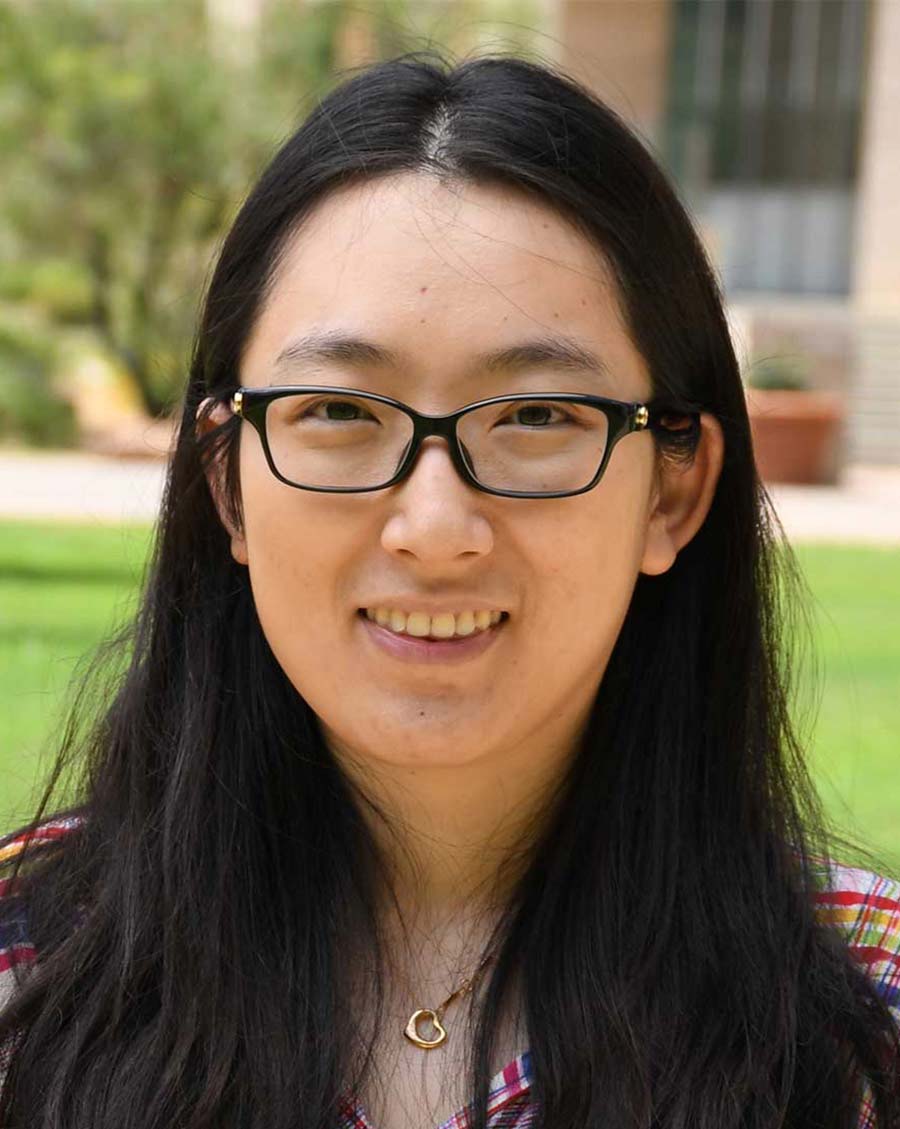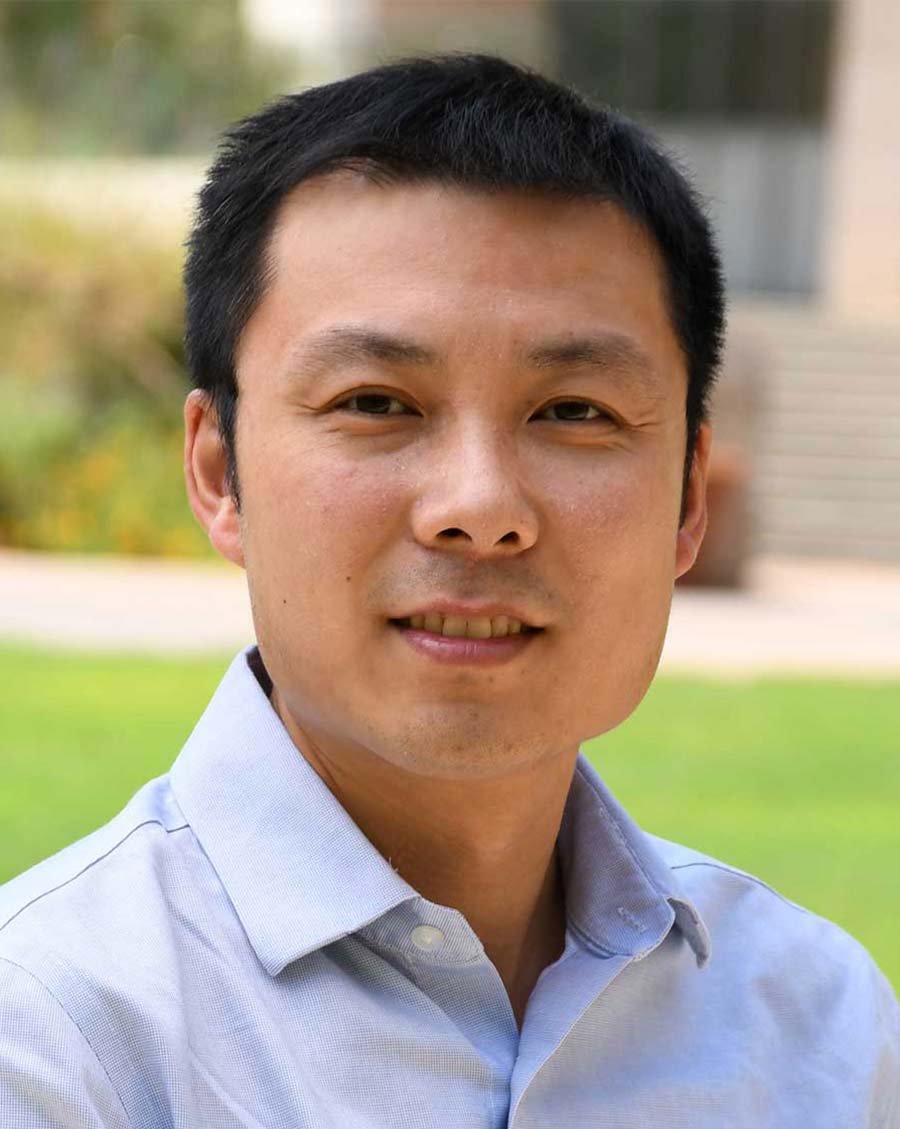634 Nedderman Hall
Box 19019
416 Yates Street
Arlington, TX 76019-0019
AI/ML and Big Data Analytics
Recent Highlights
Resources
ACTION Lab
The ACTION Lab conducts exploratory research in urban traffic management and provides engineering services and product-grade traffic management solutions and software packages to transportation agencies and industry partners.
Database Exploration Lab
The DBX Lab investigates fundamental research issues arising in Big Data. Research encompasses diverse areas such as data mining, information retrieval, data uncertainty and probabilistic methods, approximate query processing, data summarization, data analytics and data exploration of hidden web databases, social and collaborative media. .
Human-Centered Computing Lab
The Human-Centered Computing Lab specializes in human-computer interaction, including human-robot collaboration systems, medical imaging, bioinformatics, multimodal sensing, vocational computing, virtual reality, rehabilitation, and games.
Innovative Data Intelligence Research Lab
Research focuses on building large-scale human-assisting and human-assisted data and information systems with high usability, low cost and applications for social good.
Machine Learning and Computer Vision for Clinical Applications Lab
Research focuses on developing machine learning/deep learning methods for fundamental computer vision problems including object motion tracking, segmentation, 3D reconstruction, classification and image captioning in 2D/3D images including RGBD images, remote sensing data, 3D CT/MRI medical images and biomedical text.
Mobile Computing and Security Lab
Research includes mobile computing, Internet of things, security, and privacy-preserving computing.
Vision-Learning-Mining Research Lab
The VLM Lab conducts research in the areas of computer vision, machine learning and data mining. Current areas of focus include human motion analysis, gesture and sign language recognition, and hand pose estimation.
COSMOS Center
The Center on Stochastic Modeling, Optimization, and Statistics (COSMOS) researches the design and modeling of complex real-world systems, in particular, to develop new methods for making sound decisions. COSMOS methods seek to integrate statistics, optimization, and simulation/stochastic modeling to achieve better solutions more efficiently, and COSMOS applications customize approaches to match the needs of the decision-maker.
UTARI Automation and Intelligent Systems Division
Develops robotics and automation tools, including prototype development of industrial automation, deep neural network based target recognition, service robotics for people with disabilities, robot navigation, and autonomous air and ground vehicle formation control.



























